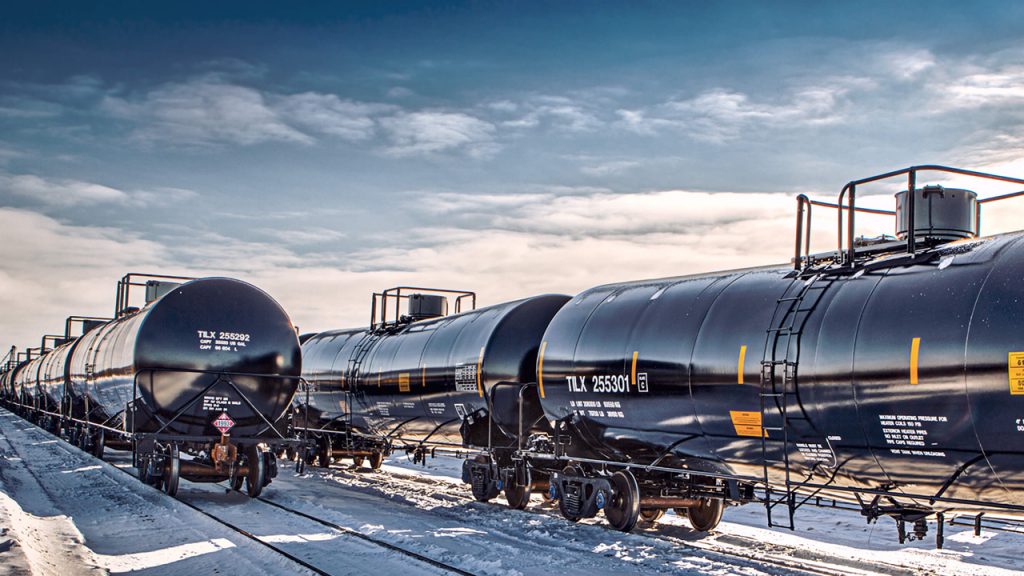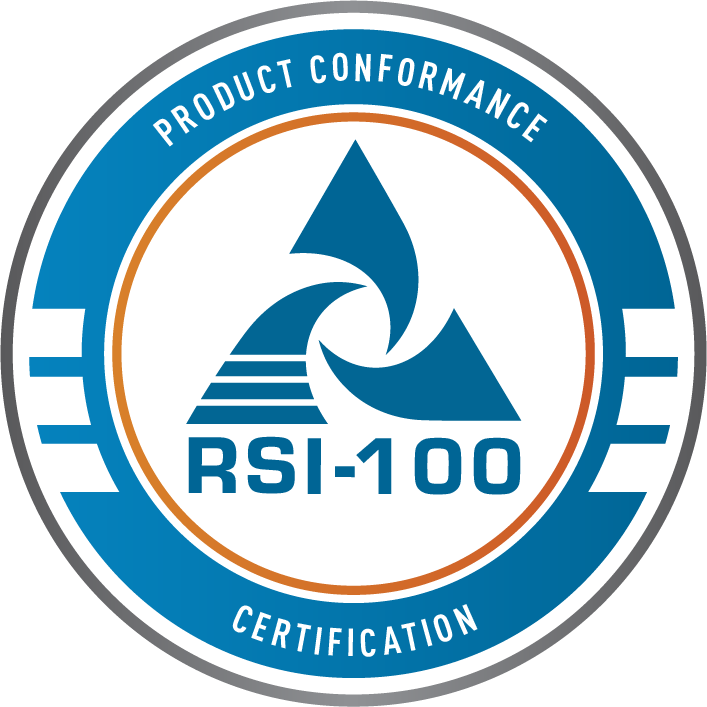About RSI-100
RSI-100 is an industry leading recommended practice that enables railway parts suppliers to produce tank car components in conformance with their Association of American Railroads (AAR) approved specifications and applicable federal regulations. The Railway Supply Institute developed this program to provide tank car manufacturers and repair facilities confidence that products acquired for installation on tank car tanks conform to the specified quality requirement. The RSI-100 guidelines also provides guidance for verification of product conformance when components are received by tank car manufacturing and repair facilities.
What RSI-100 Offers

- Voluntary minimum guidelines for component-specific product certification plans designed to ensure product quality
- A robust set of key quality criteria tailored to the specific component or process
- Guidelines for non-certified facilities supplying tank car components
- Purchaser requirements for the verification and inspection of critical tank car components
- Flexibility for purchasers and suppliers to maintain a robust quality assurance system while ensuring the ability to remain responsive to market conditions
How RSI-100 Was Developed
Fundamentally, RSI-100 was developed to ensure more rigor around quality assurance in the tank car industry supply chain. These guidelines were developed by the industry’s leading tank car builders, owners, component manufacturers and industry consultants. The Technical Subcommittee of RSI Committee on Tank Cars (RSI-CTC) and representatives from RSI’s Quality Assurance Committee (QAC) developed RSI-100 to manage product quality by offering recommended best practices for purchasers and suppliers and creating tailored sets of product quality criteria for each covered component or process. In addition, RSI consulted with the Federal Railroad Administration (FRA) and the Association of American Railroads (AAR) in developing this program and evaluating its effectiveness as a compliance tool for tank car facilities.
RSI-100 sets forth clear roles and responsibilities between purchasers and suppliers, defines key quality criteria, identifies objective evidence to establish compliance, and serves as a tool for certified tank car facilities to engage with non-certified facilities, which are a critical part of the supply chain.
Implementation and Management of RSI-100

Going forward, the RSI QAC will review applicable federal requirements and AAR standards on an ongoing basis to ensure that RSI-100 remains a best recommended practice for suppliers of tank car components. The QAC is an advocate for quality and continuous improvement in the performance and safety of the rail supply industry’s products and services. This group is composed of quality leaders from RSI member companies, and includes representatives from car owners, fleet managers, repair and reconditioning facilities, and car and component manufacturers.
The mission of the RSI QAC is to proactively identify industry issues, needs, and trends and provide guidance and service offerings to continually improve railway supplier products, processes, and services. This is accomplished by developing and publishing best practice industry compliance standards, documents, and guidelines, and educating the industry on quality issues and processes. In addition, the QAC acts as a liaison, resource, and educator to industry stakeholders.
RSI-100 is available for download by members and non-members of RSI at no cost. To download the standard, please click the link below.
Material Inspection Form: RSI will provide users with a material inspection form that can be used by facilities to document material inspections. You can download the latest version of this form here.
Note on use of RSI-100 : RSI-100 is not intended to provide legal advice and does not replace the obligation of a company using this voluntary best practice to comply with applicable federal rules and AAR requirements.
